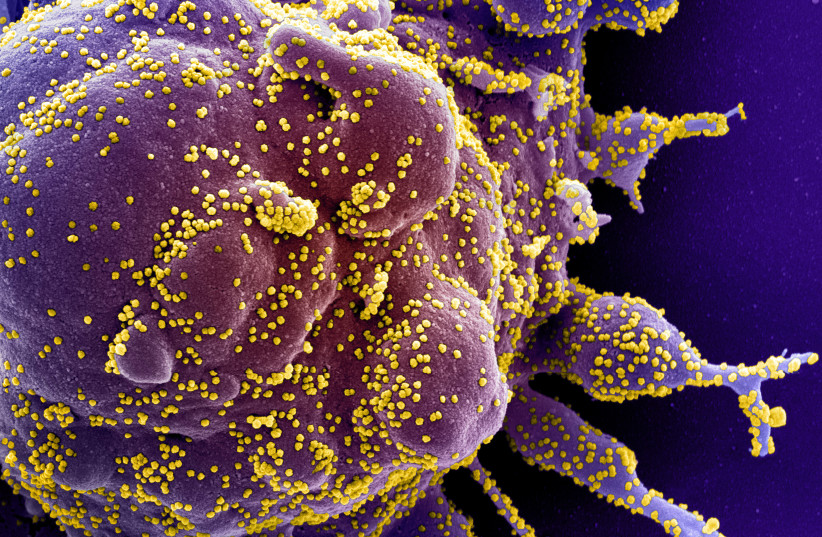A new coronavirus variant has been discovered in southern France, spreading in a small outbreak, according to a new study.
The variant, tentatively identified B.1.640.2 according to a recent study backed by the French government that has yet to be peer-reviewed, is believed to be Cameroonian in origin and has so far spread to 12 patients in southern France.
This new variant seems to have 46 new mutations as well as 37 deletions.

New COVID-19 variants have cropped up repeatedly over the past year which have changed how the virus has spread as well as its lethality. However, only a few newly discovered variants are eventually found to be more dangerous, either with a higher mortality rate or being more transmissible.
Whether this new possible variant is just as bad will only be determined as experts gain further understanding of how it works.
